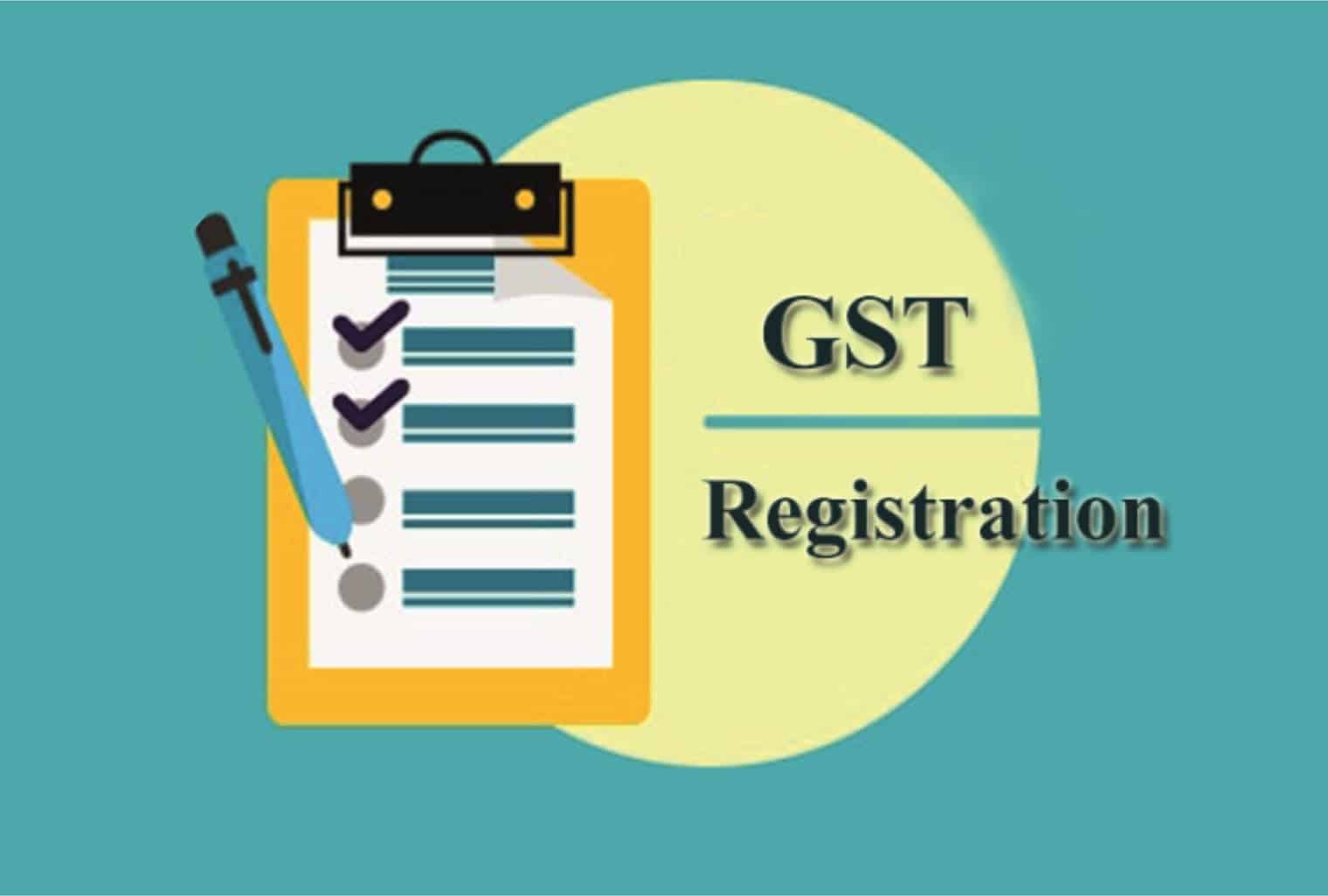Maximize Your Cost Savings with the very best GST Registration Services in Singapore
Throughout: The Ultimate Roadmap to GST Enrollment for Companies Looking For Financial Stability
Browsing the intricacies of Goods and Provider Tax Obligation (GST) registration is a crucial step for organizations striving for economic stability. From comprehending the basic concepts of GST to following post-registration guidelines, the process can appear discouraging at first glance. Nevertheless, breaking down the roadmap into workable steps can enhance the enrollment trip for businesses seeking to improve their economic standing. Allow's explore the vital elements that comprise this best roadmap and discover exactly how each phase adds to laying a strong foundation for monetary success.
Recognizing GST Basics
Digging right into the essential principles of Product and Services Tax Obligation (GST) is necessary for acquiring a thorough understanding of its ramifications on organizations and the economic climate. Input Tax Credit (ITC) is a substantial function of GST, permitting companies to assert credit rating for taxes paid on inputs, minimizing the general tax obligation burden. Understanding the basics of GST is critical for companies to comply with tax obligation guidelines, handle their funds effectively, and contribute to the country's financial development by taking part in a clear tax system.
Qualification Standards for Enrollment
As of the present policies, the threshold limit for GST enrollment is an annual aggregate turn over of 40 lakhs for organizations operating within a state, other than for unique classification states where the limit is 20 lakhs. Furthermore, specific businesses are needed to sign up for GST irrespective of their turn over, such as interstate distributors, laid-back taxed persons, and organizations responsible to pay tax obligation under the reverse charge mechanism. It is critical for businesses to completely assess their turnover and deal kinds to determine their GST registration commitments accurately.
Papers Needed for Registration
Having satisfied the eligibility standards for GST registration, businesses have to currently ensure they have the requisite records in position to wage the registration procedure efficiently. The documents required for GST registration commonly consist of evidence of business constitution, such as partnership deed, registration certificate, or unification certification for different sorts of organizations. Furthermore, companies require to give documents establishing the principal place of business, such as a rental agreement or power costs. Frying pan card of the organization, as well as the identity and address proof of promoters/partners/directors, are necessary for verification objectives. Savings account statements, in addition to terminated cheques or a duplicate of the bank passbook, are required to validate the economic information supplied during registration. Services should have electronic signatures all set for the licensed signature. Guaranteeing all these records are organized and easily available will speed up the GST enrollment procedure, making it possible for services to follow tax laws flawlessly.
Step-by-Step Enrollment Process
Beginning the GST registration process entails a collection of structured steps to make certain a seamless and compliant registration for organizations. The very check this first action is to visit the GST website and fill up out the registration type with accurate details of the company entity. Following this, the candidate receives a Short-lived Recommendation Number (TRN) which is used to return to the application process from this source if it's not completed in one go.
Following, all required documents based on the list supplied by the GST portal requirement to be uploaded. These papers generally include proof of service identity, address and registration evidence of marketers, financial statements, and business entity's PAN card.

Post-Registration Conformity Guidelines

Verdict
Finally, businesses seeking financial stability has to recognize the fundamentals of GST, meet qualification requirements, gather required records, comply with the step-by-step registration process, and abide by post-registration standards - Best GST registration services in Singapore. By adhering to these steps, businesses can ensure conformity with tax policies and maintain monetary security over time
Furthermore, certain businesses are needed to sign up for GST irrespective of their turn over, such as interstate distributors, informal taxed individuals, and services liable to pay tax under the reverse cost system.Having actually fulfilled the qualification standards for GST enrollment, services have to currently ensure they have the requisite documents in area to continue with the enrollment procedure effectively. The records needed for GST enrollment generally consist of proof of organization constitution, such as collaboration act, enrollment certification, or consolidation certificate for various types of services. Additionally, companies need to offer documents developing the primary place of company, such as a rental agreement or power expense.Commencing the GST registration procedure includes a collection of structured steps to ensure a smooth and compliant enrollment for companies.